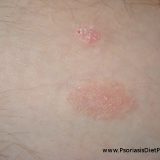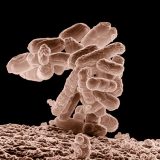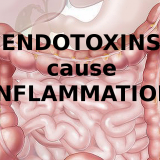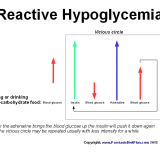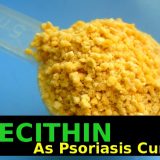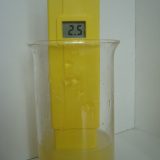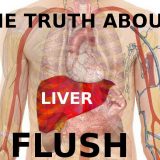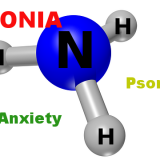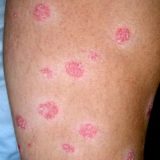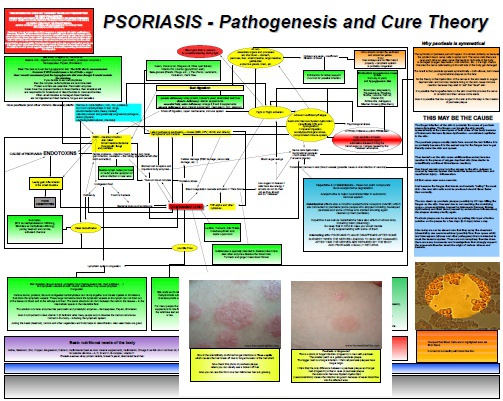Streptococcus pyogenes and Psoriasis
The one fact is very interesting – guttate psoriasis (a lot of small red plaques commonly on the trunk) will develop very often after the strep throat.[196, 197, 198] It is well known fact that bacteria like Streptococcus pyogenes can cause also the (septic) arthritis.[53]Strep throat is caused by one specific strain – Streptococcus pyogenes. This strain of bacteria is well known for producing very potent toxin – hemolysin (streptolysin). As the name tells the hemolysin is intended to break…


